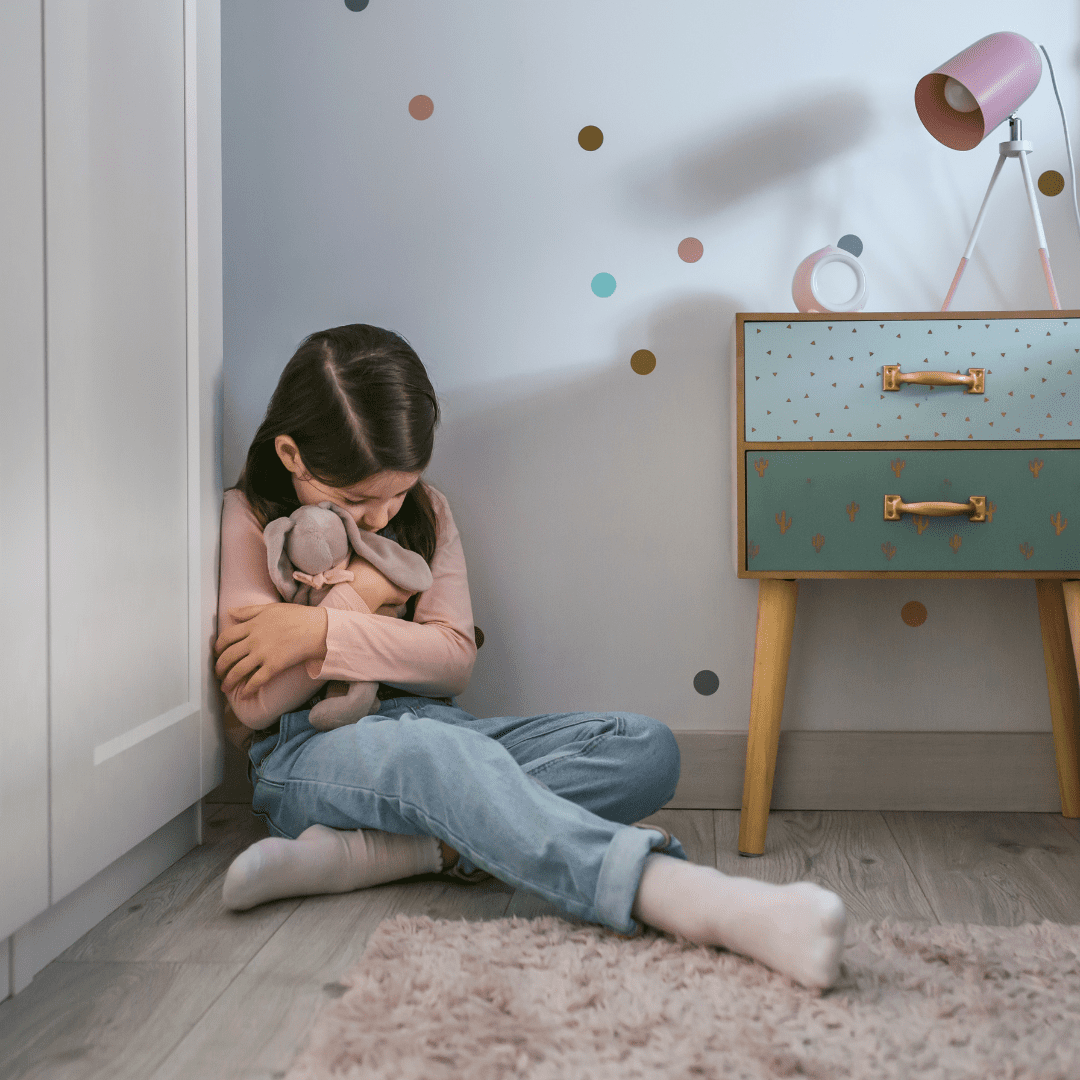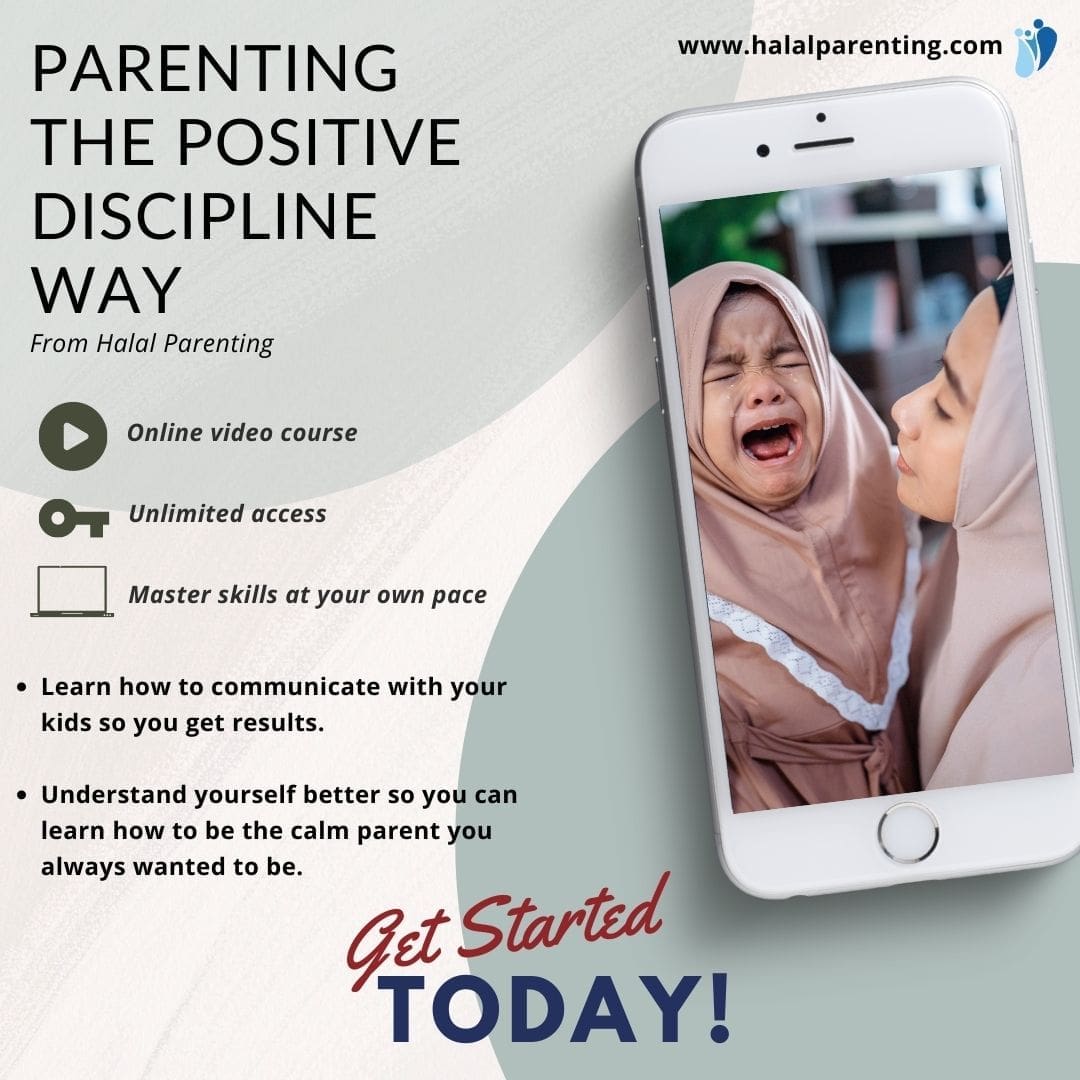Anxious Child? How to spot the signs

Anxiety shows itself in different ways in children and is often over-looked. It’s easy to dismiss anxious kids as behaving badly, or chalking up their behavior to their personality. Instead, try to understand if there is an underlying worry or concern that your child is simply reacting to.
Here are 9 signs to look out for in your children. If you notice a pattern, consider reaching out to your child’s pediatrician to discuss the best way to respond.
1. Anxious kids ask way too many questions
It’s normal for kids to ask questions – it’s part of the learning process. However, sometimes children feel out of control and will seek reassurance by asking an excessive amount of questions. Anxious children constantly need to know that they are safe, healthy, and taken care of. You may begin to notice a pattern of questions centered around a particular situation, such as going to school, or bedtime.
2. Anger and frustration
Children with anxiety are unable to regulate their emotions well and will often react with intense anger and frustration over seemingly minor issues. Their bodies are exhausted from an overly active nervous system and they have difficulties in doing much else.
3. Seeking validation
If a child is anxious, they often appear to be very needy and insecure. They may often ask for help in completing a task that they are more than capable of doing themselves. They suffer from low self-confidence and take things very personally, often overreacting to innocent comments about their school work or appearance. As a child’s mind becomes preoccupied with situations that cause them anxiety, they will begin to avoid those situations.
4. Physical symptoms
Kids who are suffering from anxiety may complain of headaches, stomach aches, feeling super tired, or nauseous. You will probably notice a pattern of when these complaints happen, such as before school. Even though these physical aches and pains are related to their anxiety, they are real to your child and shouldn’t be dismissed. If your child experiences dizziness, chest pain or trouble breathing, these could be signs of a panic attack. Don’t hesitate to reach out to your child’s doctor to rule out other illnesses and get expert help.
5. Trouble sleeping or staying asleep
If you notice that your child is having a hard time falling asleep or keeps waking up throughout the night, anxiety could be the culprit. We all know that sleep is essential for physical and mental well-being, so it’s important to resolve this issue quickly.
6. Anxious kids may have a need for control
Kids who suffer from anxiety often feel overwhelmed with their thoughts jumping around to scary scenarios, so they try to compensate by being overly controlling in other situations. You may notice your anxious child being more bossier than usual, refusing to compromise – they are trying to feel more in control to compensate for feeling anxious at other times.
Rasul’Allah (pbuh) used to supplicate to help alleviate anxiety. It can help to learn these dua’s and supplicate for your children and teach them to recite these dua’s to soothe themselves.
The Prophet Muhammad (pbuh) used to make dua’ seeking refuge from worry, saying:
اللَّهُمَّ إِنِّي أَعُوذُ بِكَ مِنَ الْهَمِّ وَالْحَزَنِ، وَالْعَجْزِ وَالْكَسَلِ، وَالْبُخْلِ وَالْجُبْنِ، وَضَلَعِ الدَّيْنِ، وَغَلَبَةِ الرِّجَالِ
Allahumma inni a’udhu bika minal hammi wal hazan, wa a’udhu bika minal ‘ajzi wal kasal, wa a’udhu bika minal jubni wal bukhl, wa a’udhu bika min ghalabti-d-dayni wa qahri-r-rijaal
“Oh Allah! I seek refuge in You from worry and sadness, from weakness and laziness, from miserliness and cowardice, from being overcome by debt and from being overpowered by men.” [Sahih al-Bukhari]
Anas (ra) said that when the Prophet (pbuh) was faced with a serious difficulty, he would always supplicate:
يَا حَيُّ يَا قَيُّوْمُ بِرَحْمَتِكَ أَسْتَغِيْث
Ya hayyu, ya qayyumu, bi rahmatika astaghithu
“O the Living, O the Eternal, I seek help in Your grace.” [Tirmidhi]
7. Defiant behavior
Anxiety can cause so much fear in children that they will sometimes resort to extreme measure to avoid the event or activity that triggers it. Even though they know that such behavior will get them into trouble, all sense and reason seems to fly out of the window. They will dig in their heels and become extremely stubborn, defiant, and will misbehave because their fear and anxiety is greater than everything else.
8. Negativity
Anxious kids will likely focus on the negative in most situations, and this is largely due to their self-confidence taking a hit from the stress of having anxiety. They will suddenly see everyone as mean, they will talk negatively about themselves, calling themselves ‘ugly’ and ‘stupid’.
9. Unable to focus or pay attention
If a child’s mind is preoccupied with avoiding anxiety-provoking situations, are sleep-deprived, angry, defiant, and negative, it’s no wonder they often come across as inattentive or lacking focus. If your child is not diagnosed with anxiety, it’s possible that it could be mistaken for ADHD or ADD, since anxiety can also give some kids the need to keep moving and fidgeting in an effort to regulate themselves.
If you suspect that your child has anxiety, don’t hestitate to act. A parent’s intuition is invaluable and if you persist in advocating for your child, you can get them the help that they need. When you meet with your child’s pediatrician, ask for a referral to a child psychologist or therapist who would be better equipped to help you and your child learn how to manage their anxiety.


